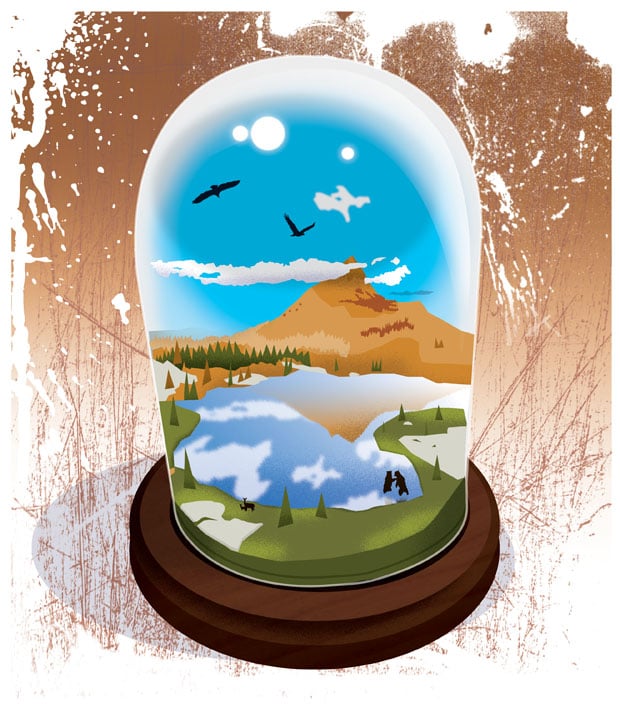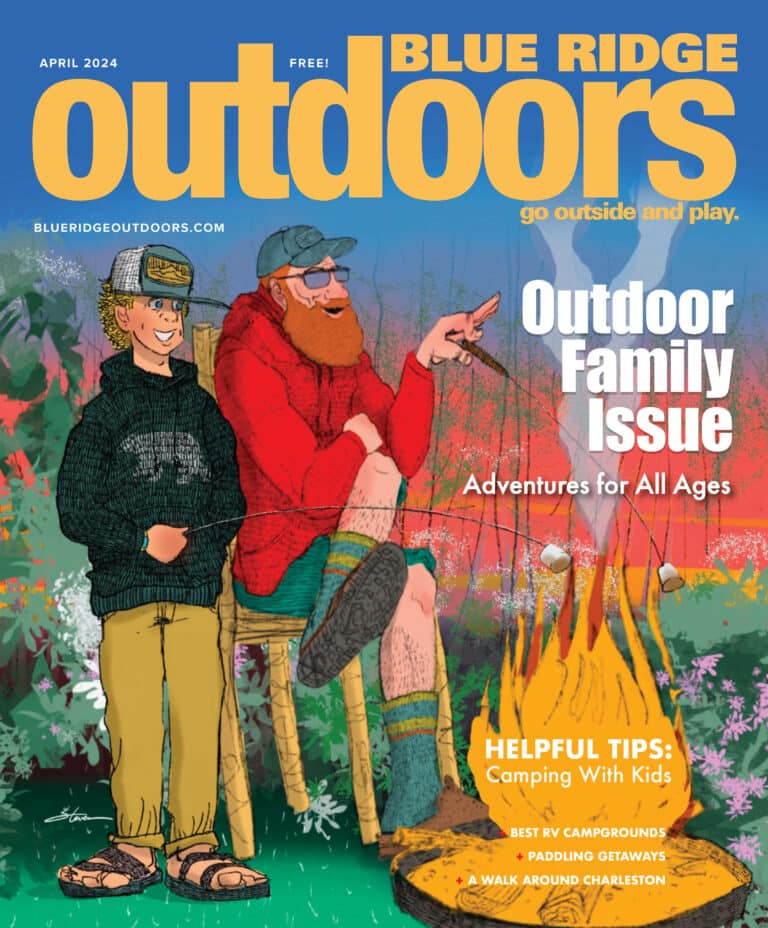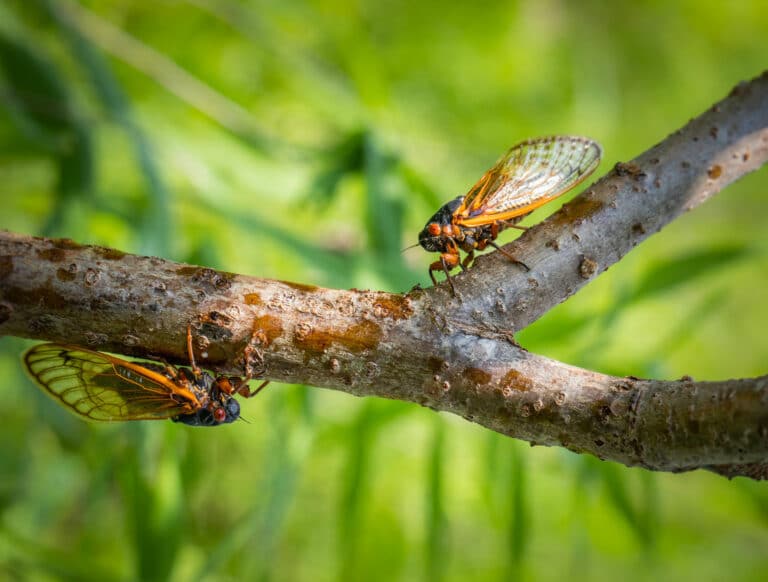Do mountain bikers damage trails more than other users?
Yes: 25%
I am a volunteer maintainer for both the Appalachian Trail and a local nature center, neither of which allows bicycles. I can spot bicycle damage immediately, either as knobby tire marks or long skid marks as the rider brakes downhill. Log-jumping produces its own damage as the bottom of the chain abrades the top of the log. Repairs are much more difficult than hiking boot damage or even hiking pole damage. Let bike riders have their own trails and have fun. But they should not be allowed to use hiking trails.
—Karl Kunkel, Chicago, Ill.
Mountain bikers rival horse packers and four-wheelers for the most damage done to the outdoors. Horse packers and four-wheelers probably don’t care but mountain bikers should.
—Mike Boone, Forest City, N.C.
No: 75%
As a professional trail builder, I find that bikes fall somewhere in the middle. They do more damage than hikers, but less than horses. The impact bikers have on the trail is considerably less than most believe. They also tend to be more involved in trail maintenance.
—Jim Davis, Washington, D.C.
On hiking trails I see shortcuts and cut-thru trails made by hikers, causing severe erosion. I’ve never seen mountain bikes do that kind of damage.
—K, Atlanta, Ga.
Trail damage is mostly horse travel and four-wheelers. With IMBA and new and sustainable trail construction, there is less trail damage.
—Jim, Denver, Colo.
More wilderness: yay or nay?
Yes: 88%
With increasing urban sprawl I think creating national wilderness areas is essential to preserving what was here originally. We need to put something in the way of their bulldozers.
—Brittany, Lynchburg, Va.
Wilderness connects wild habitat up the spine of the Appalachians, and it connects us all with our primal, solitary selves.
—Ben, Asheville, N.C.
Development will continue to encroach on natural areas, unless we designate and zone these areas accordingly. Our most pristine lands are being gated from the public.
—Bailey Woods, Easley, S.C.
We need wilderness now more than ever. Its preservation is essential to the natural environment, our quality of life, and to future generations.
—Fred Jamison, Charlotte, N.C.
No: 10%
I’m all for preservation of nature, and I know that we could create jobs by doing so. But history has shown that trying to preserve land by interfering with it has been unwise. Look at Yellowstone’s history of trying to protect the elk by getting rid of wolves, then dealing with the coyote overpopulation by importing wolves from Canada. Nature should be left alone completely, even from protection.
—Caleb Jaqua, Charlotte, N.C.
Practice what you preach. I am tired of the purists who decry the fall of a single tree yet purchase items that require many trees to be cut. Where do people think these resources come from?
—Ingles Alexander, via e-mail








